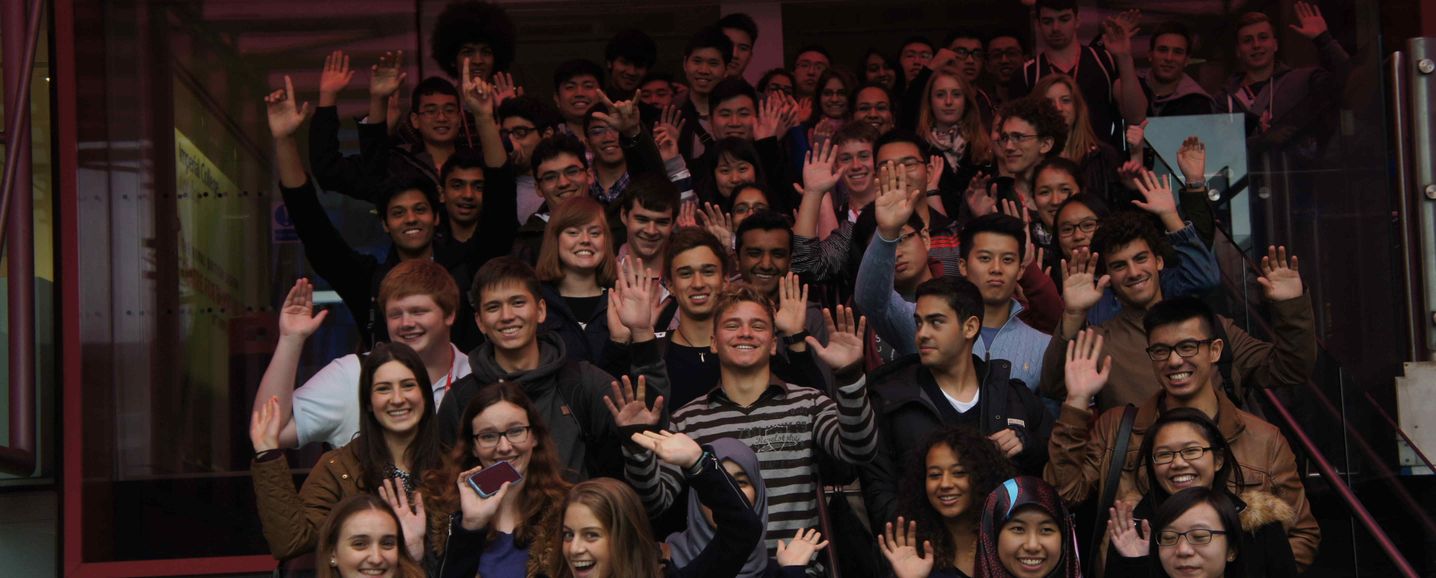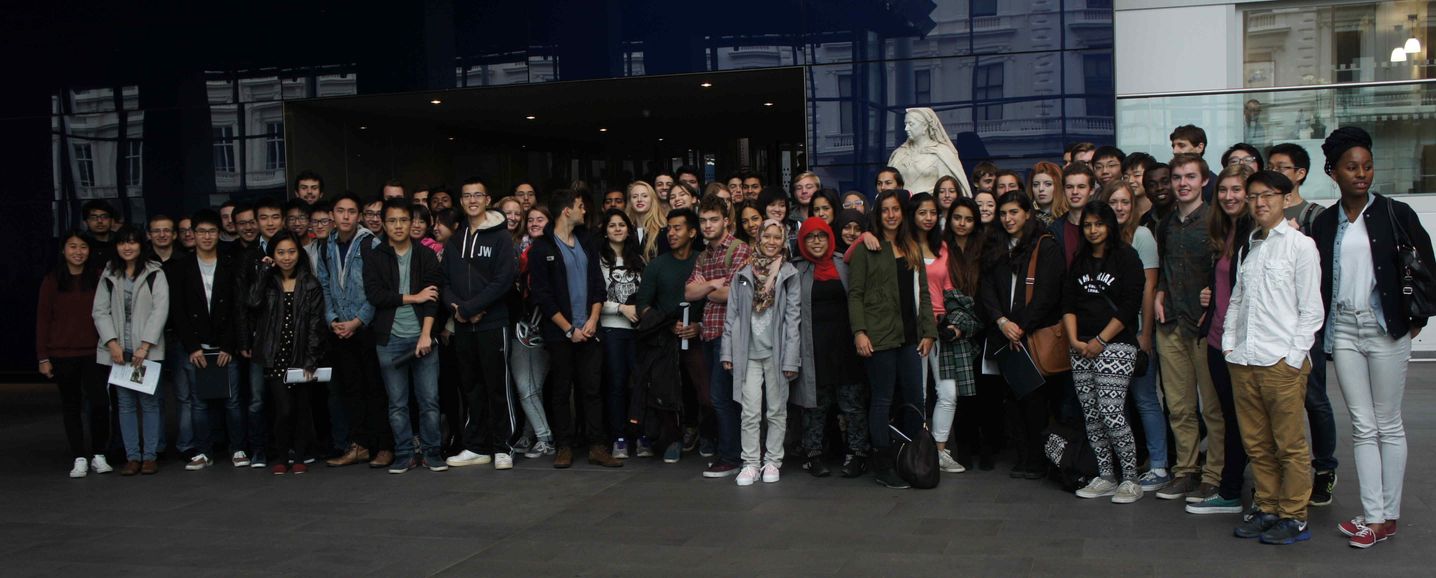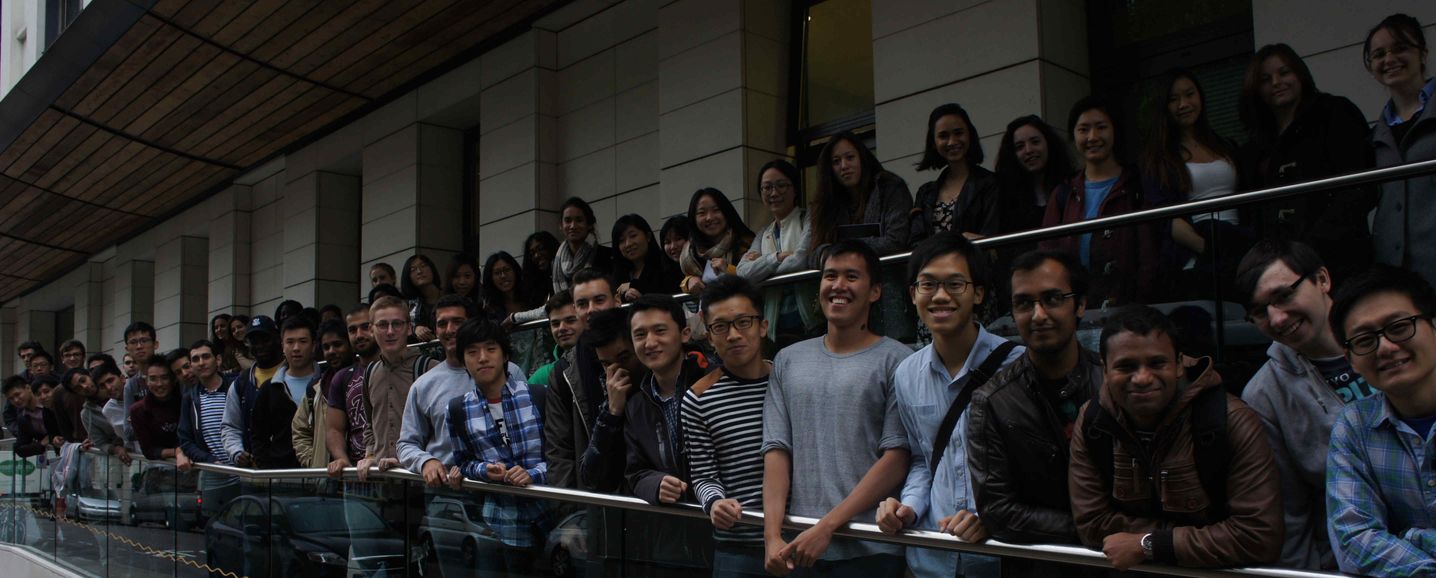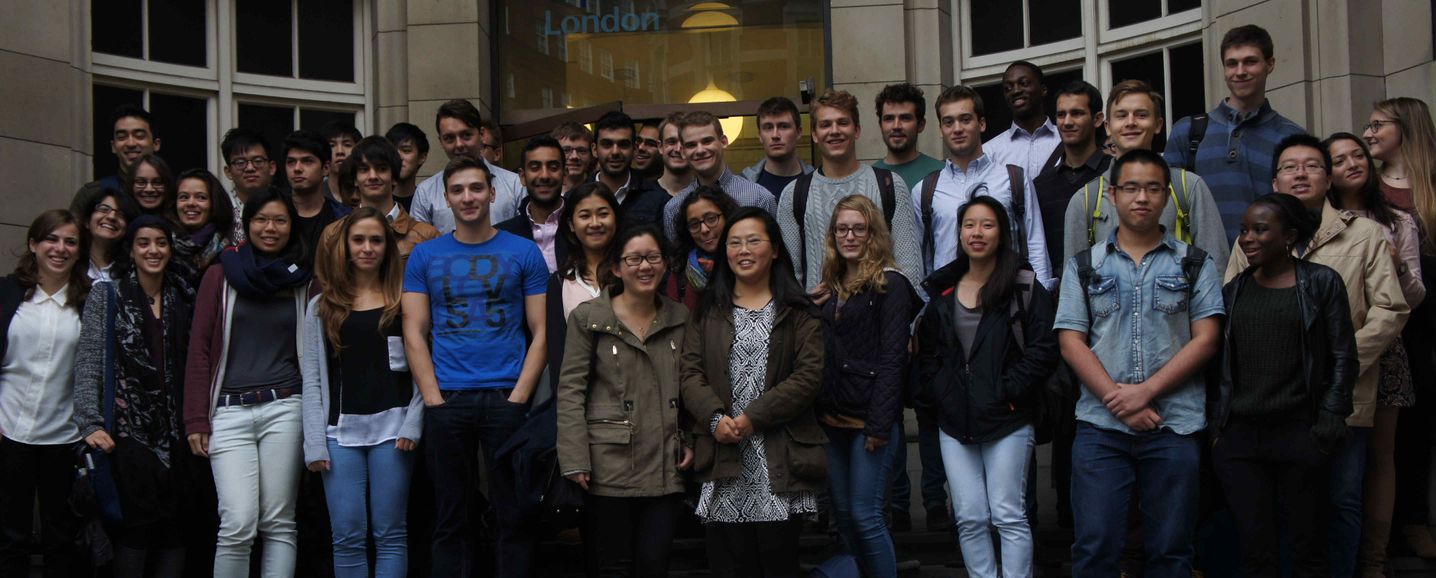Bioengineering is at the interface of engineering and medicine. It is a rapidly evolving inter-disciplinary field that applies engineering principles and technology to medical and biological problems.
In our Department we offer two four year MEng undergraduate degrees:
- MEng in Biomedical Engineering (BH9C)
- MEng in Molecular Bioengineering (NEW FOR 2017 ENTRY- FURTHER DETAILS COMING SOON)
MEng in Biomedical Engineering
Our four year MEng undergraduate degree in biomedical engineering has been running since 2002 and its curriculum provides integrated training in engineering, mathematics, and biomedical science as a preparation for a variety of careers in engineering, science, health care or business. Since 2013 we have offered the option of doing a year in industry. Imperial College works closely with employers and industry, including Industrial Advisory Panels, to design undergraduate courses which provide graduates with technical knowledge, expertise and transferable skills and to encourage students to take internships and placements.
The course provides a broad foundation in physics, mathematics, engineering and medical science and then progress to more advanced engineering studies that apply the quantitative aspects of engineering analysis and design to a broad range of biomedical problems.
We believe that one of the most important aspects of engineering is the creation of new approaches and innovative solutions and the biomedical engineering course emphasises the fundamentals of engineering sciences that form the common basis of all engineering specialities. This emphasis will provide the student with a solid foundation for a career in which engineering practices may change rapidly.
As part of the MEng programme, students will have the option to specilaise in their third and forth years in either the mechanical engineering, electrical and electronic engineering, biomolecular engineering or the general biomedical engineering pathway. This can involve studying modules in another engineering department, such as the Department of Electrical and Electronic Engineering, the Department of Mechanical Engineering or the Department of Computing.
Our degrees
Would you like to meet the admissions tutor to learn more about the MEng programme? The admissions tutor reserves Friday afternoons for meeting potential applicants, offer holders, teachers, HE advisors and parents.
If you are able to get to South Kensington then a departmental tour and observation of the first year mathematics laboratory can be included in your visit.
If you are not able to get to South Kensington then a Skype/Facetime meeting can be arranged.
Please contact be.ugadmissions@imperial.ac.uk to make the arrangements.
Programme specifications
Find out more
Admissions Tutor
Liam Madden
Enquiries
T: +44 (0)20 7594 2703
E: be.ugadmissions@imperial.ac.uk
_2015--tojpeg_1444227216170_x4.jpg)
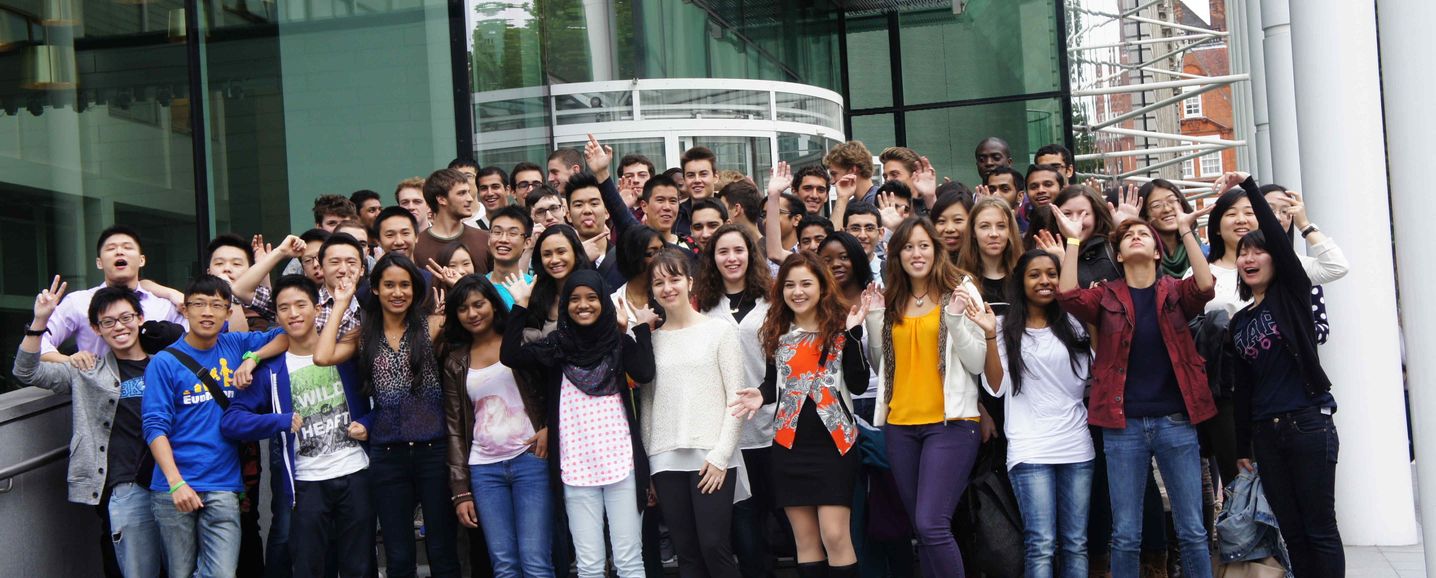
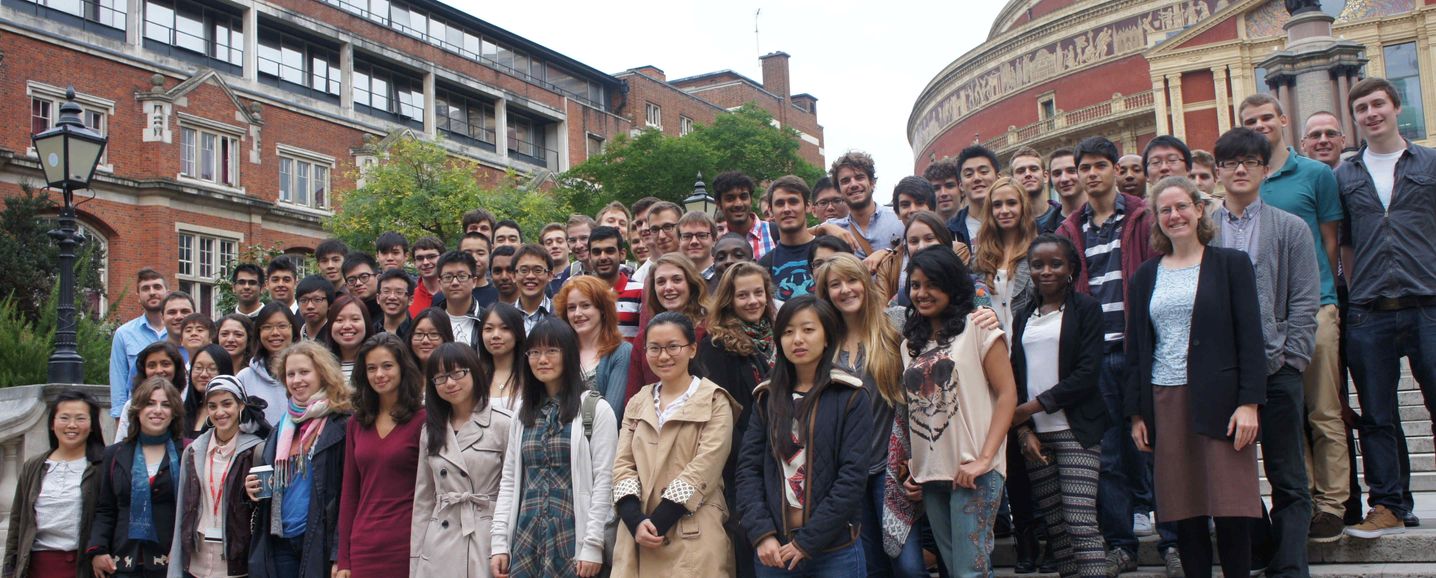
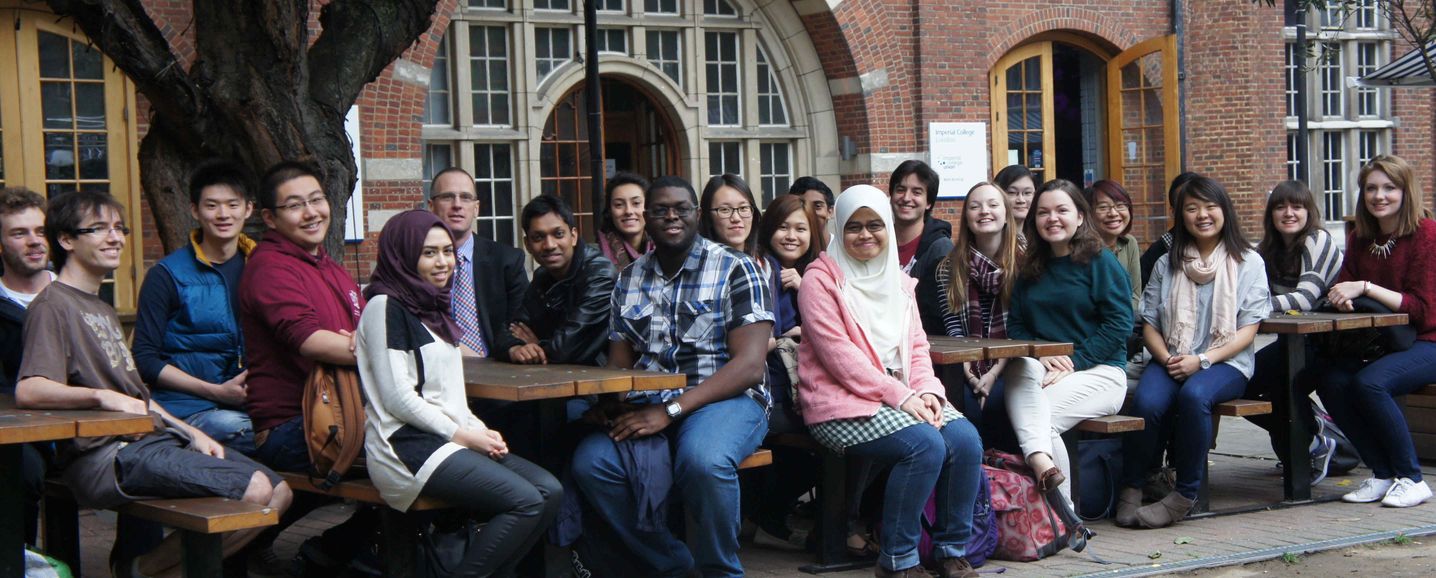
_2015--tojpeg_1444227449014_x4.jpg)
_2015--tojpeg_1444227611105_x4.jpg)
_2015--tojpeg_1444227714739_x4.jpg)
